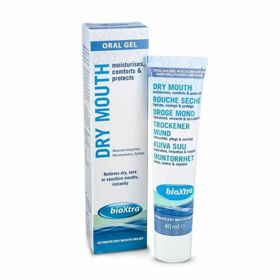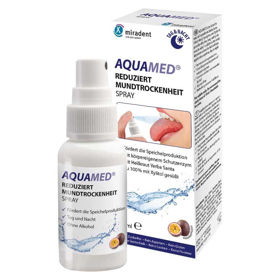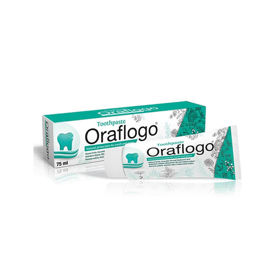Customer question:
Why does my dry mouth only appear at night? Anonymous customer's question
Pharmacist's answer:
Dry mouth, especially at night, can be caused by several factors.
Here are some common reasons:
- Blocked airways: When we sleep, we often breathe through our mouths, which can cause saliva to evaporate, resulting in a dry mouth. This is especially common in people who have stuffy noses or respiratory problems.
- Dehydration: if you have a lack of fluids in your body, dryness in your mouth may also occur as a result. Dehydration can occur due to insufficient fluid intake, excessive fluid loss (e.g., due to sweating or vomiting), or the use of certain medications.
- Air in the bedroom: The dry climate in the bedroom can contribute to the evaporation of saliva and consequently cause a feeling of dry mouth. Using a humidifier can help maintain adequate humidity in the room.
- Certain medications: Certain medications, such as antidepressants, antihistamines, diuretics, and others, can cause a decrease in saliva production, which can lead to dry mouth.
- Breathing through the mouth at night: certain sleeping habits, such as breathing through the mouth, can cause the oral cavity to dry out.
- Diseases and Specific Conditions: Certain diseases or conditions, such as diabetes, Sjögren's syndrome, sleep apnea syndrome, or thyroid problems, can often cause dry mouth.
How do you prevent sleeping with your mouth open?
Sleeping with your mouth open can occur for several reasons, and although it may not always be problematic, it can often cause dry mouth and discomfort. To prevent sleeping with your mouth open, you can try the following strategies:
- Humidification: Use a humidifier in your bedroom to maintain adequate humidity. A dry climate often encourages breathing through the mouth.
- Avoidance of allergens: avoid allergens that can cause nasal congestion. Regular cleaning of the home and regular change of bedding can help reduce the amount of allergens.
- Systematic breathing through the nose: try to learn to breathe systematically through the nose, which can facilitate the passage of air through the nasal passages and reduce the need to breathe through the mouth.
- Oral therapy: some people opt for oral therapy, which includes exercises to strengthen the muscles in the mouth and throat.
- Using a pillow to elevate your head: Place a pillow under your pillow, as this can help open up your airways and encourage breathing through your nose.
- Using mouth gags: There are memorable mouth gags that you can wear while you sleep. These strips help prevent the mouth from opening and encourage breathing through the nose.
- Consult your doctor: if sleeping with your mouth open is related to nasal congestion or other medical problems, consult your doctor. A doctor can assess the underlying causes and suggest appropriate treatment.
Interesting reading: Pinworm symptoms
Interesting reading: Itchy vagina forum













